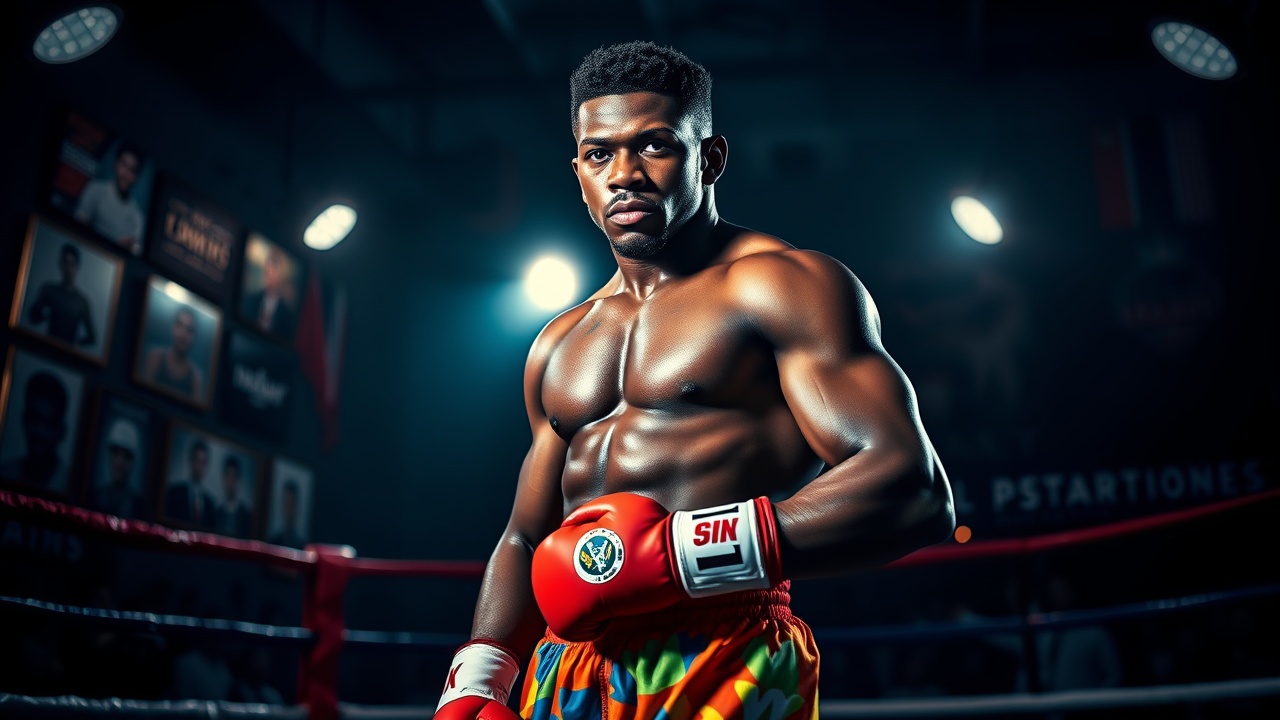Gervonta Davis Declares Boxing “Dead”
In a stunning proclamation, Gervonta “Tank” Davis, once celebrated as a rising star in the boxing realm, has asserted that the sport he helped popularize is effectively “dead.” This revelation, delivered bluntly to his fans, shatters the image of loyalty and dedication that typically characterizes elite athletes. Davis stated,
“Boxing definitely did a turn, it went from this side to that side, and this has no loyalty, so why would I care? I move accordingly, boxing is dead.”
Shift in Priorities
Davis’s next scheduled appearance reinforces this jarring shift: an exhibition match against internet personality Jake Paul, set to be streamed on Netflix. This choice signals not just a temporary detour, but a profound alteration in Davis’s priorities—from a focus on legacy and competition to one centered on entertainment and social media visibility.
Impact on Fanbase
For years, Gervonta Davis carved out his identity through raw talent and fierce competition, rising through the ranks to establish himself as a respected champion in the boxing community. However, with his recent move towards exhibition bouts, he risks alienating the loyal fanbase that has supported his journey from humble beginnings to the top of the sport. Instead of adhering to the traditional pathways that demand grit and dedication, he now appears to prioritize fast cash and casual audiences.
Future Implications
His decision not only raises eyebrows but also jeopardizes his standing among boxing’s die-hard fans. Should he choose to return to professional boxing in the future, Davis might face a wave of skepticism and anger from those who feel betrayed by his current trajectory. These supporters recall a fighter marked by skill, tenacity, and the potential to shape a new era—qualities they now see sacrificed for fleeting fame and monetary gain.
Redefining Legacy
The essence of boxing, which thrives on heart, ambition, and mutual respect, seems to have been overshadowed in Davis’s recent commentary and actions. By labeling the sport as “dead,” he distances himself from its core values, suddenly reshaping his ambitions around the allure of media appearance rather than the noble pursuit of competition.
At just 30, Davis finds himself at a critical juncture. Although he remains in the peak of his athletic prowess, this shift could redefine public perception of his career. Fans and boxing experts alike are likely to critique his choices, potentially overshadowing his titles with questions about his commitment to a sport that once thrived under his strain.
Conclusion
The boxing world may survive these transitions, but for Gervonta Davis, the integrity, credibility, and connection with his foundational supporters hang in the balance. As observers await his next move, the ongoing transformation of his legacy from a strong and serious contender to someone willing to chase entertainment could be the ultimate test of his career.
Phil Jay has been at the forefront of boxing journalism for over 15 years, serving as the Editor-in-Chief of World Boxing News since 2010. His extensive background includes covering global boxing events and interviewing numerous champions, establishing him as a significant voice in combat sports journalism.




